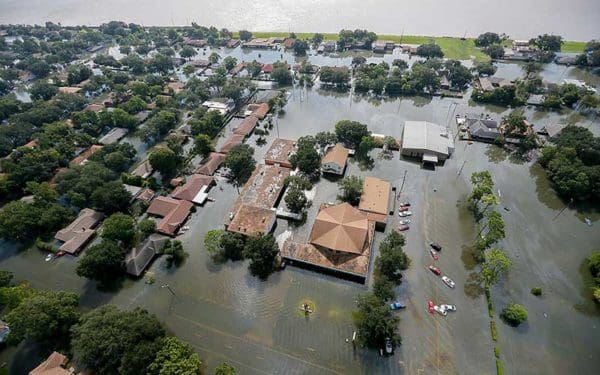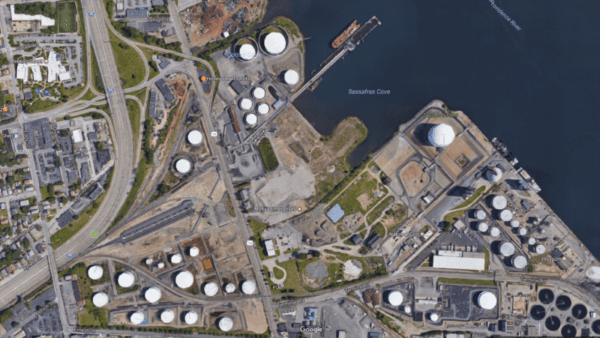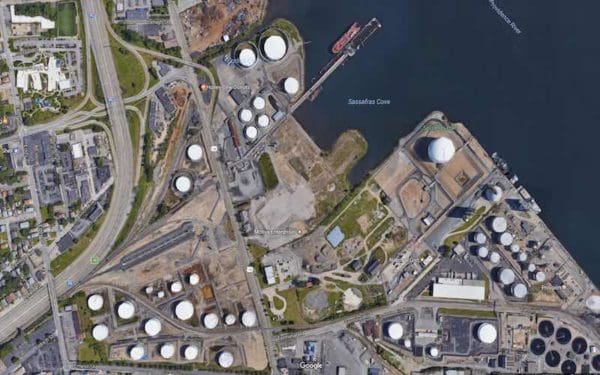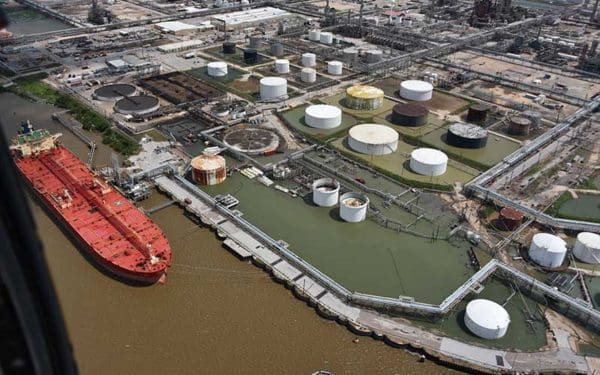Holding Shell Accountable
Shell Oil is putting Providence and the iconic Narragansett Bay at risk.

Shell Oil is putting Providence and the iconic Narragansett Bay at risk.

Extreme weather caused by climate change may damage coastal infrastructure by degrading equipment containing hazardous chemicals or by flooding storage facilities. But fossil fuel companies like ExxonMobil and Shell would rather take their chances and do nothing to ready their facilities. CLF knows, however, that these companies have a legal duty (not to mention an ethical one) to adapt their facilities to the foreseeable effects of climate change.

“The Shell terminal in Providence is poised for disaster,” said Chris Kilian, Vice President of Strategic Litigation at CLF. “It will take only one significant storm to inundate this facility and release toxic chemicals into surrounding waters and neighborhoods. Shell has failed to protect this terminal from the well-known impacts of climate change, and we will continue our fight to protect the community.”

“Shell’s facility is an accident waiting to happen,” said Chris Kilian, Vice President of Strategic Litigation at CLF. “One severe storm could result in the terminal spilling toxic chemicals into the Providence River and surrounding communities. The company has failed to prepare the facility for the effects of climate change, even as sea levels continue to rise and stronger storms are becoming more frequent. We will continue the fight to protect the community and our environment from the dangers posed by this terminal.”

Over six days, Hurricane Harvey dumped 27 trillion gallons of water on Houston and parts of the Gulf Coast, leaving a wide swath of destruction and toxic pollution for communities to deal with as they try to rebuild from the storm. 100,000 homes incurred damage or were lost altogether, and restoration efforts are estimated to… Continue reading Lessons from Houston: Protecting New England Communities from Toxic Spills

“This weekend, we saw thousands of homes destroyed, streets flooded and families displaced by Hurricane Harvey,” said CLF president Bradley Campbell. “We can’t wait around for the next natural disaster to inundate our communities. Shell’s facility sits on the banks of the Providence River, poised to spew toxic chemicals into our waters and our neighborhoods with no adequate safeguards in place. If the loss of life and damage from storms like Hurricane Harvey aren’t enough of a wake-up call, then legal action is needed to protect the public.”

“In 2005, when Hurricane Katrina wreaked havoc on an offshore Shell facility, the company was forced to confront the reality of climate change and the dangers it poses,” said CLF President Bradley Campbell. “But more than a decade later, Shell’s acknowledgement of these risks has not translated into action to prevent them in places where people actually live. With just one severe storm – one major flood – the Providence River and surrounding communities could be inundated with toxic substances, yet Shell has done nothing to safeguard us from this fate. It’s time they be held accountable for this grave inaction.”

We’re holding water polluters accountable to the law.
